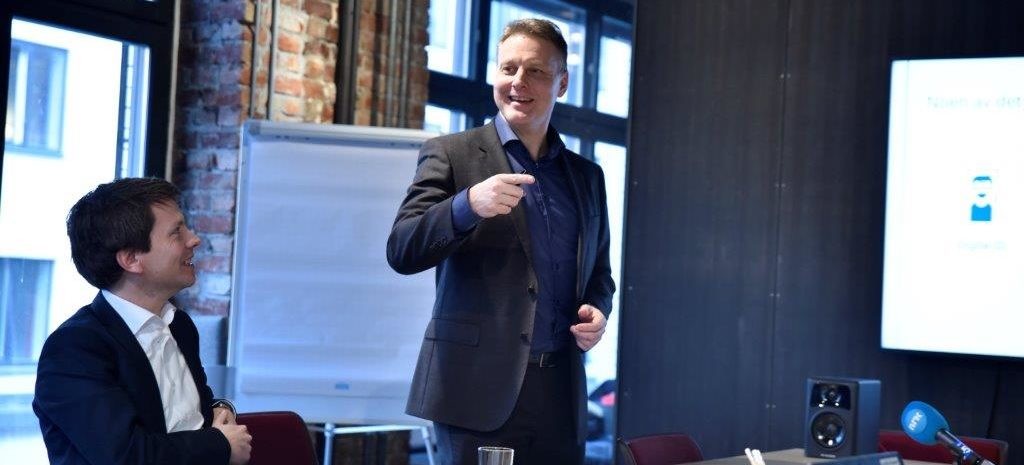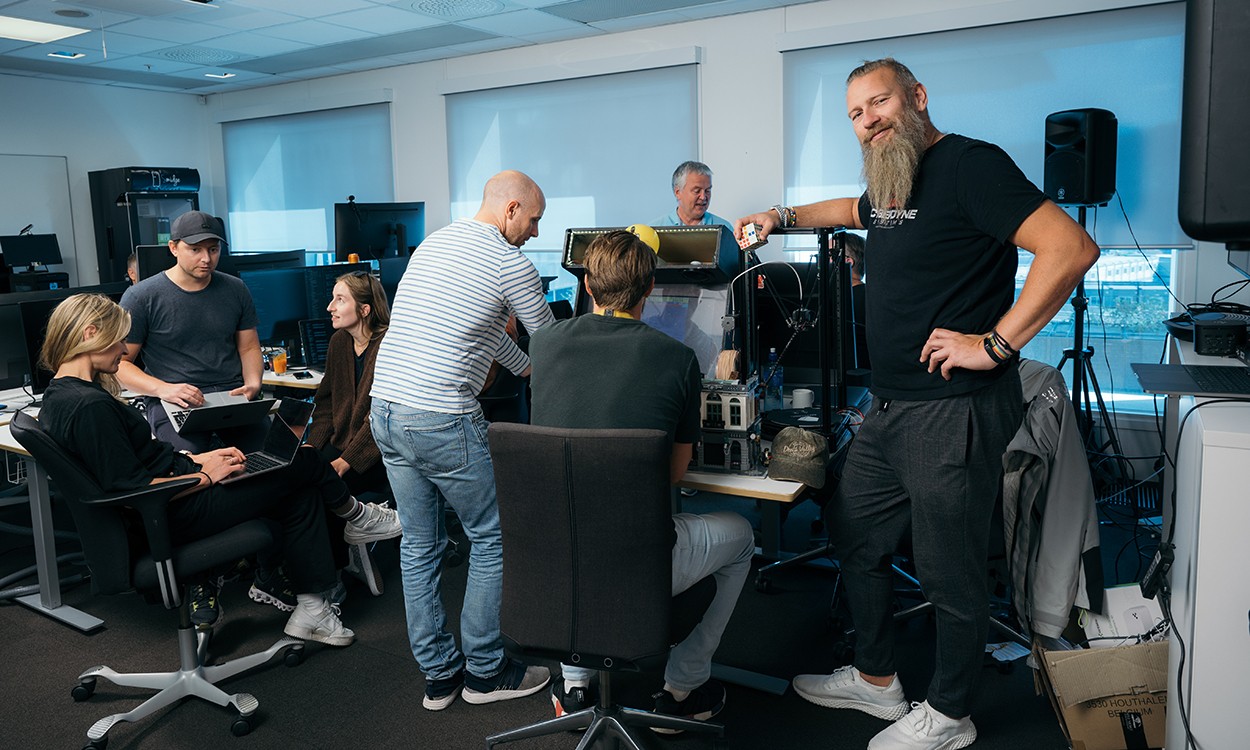We cannot allow ourselves to remain on the sidelines, ignorant and afraid.
In an increasingly digitized global day-to-day life, it’s no surprise that technology is made the scapegoat when things don’t go according to plan.
And the best: Technology still can’t answer back. With his digital stillness, he takes on the sins of others.
If development goes our way, we take the credit ourselves. While the unwanted consequences, such as bullying, polarization, increased social isolation and now also decreased interest in reading school students’ books, is the fault of technology.
That the same technology saved school, work life, and socializing long ago, when the pandemic put the world under house arrest, has long been forgotten.
What about smartphones?
Whatever the purpose, it is important to remember that the main challenge is not the technology, but how we use it. Is the reason that children today are reading less than before because most schools in Norway have introduced tablets? Or could there be another reason for the lack of motivation and reduced desire to read?
Could it be because almost 100 percent of schoolchildren today have smartphones, and almost 100 percent of the same schoolchildren are active users of social media, and cell phones are used for playing games, listening to music, reading news, watching movies, which are used for photographing and filming, and for FaceTime?
These are activities mostly done outside of school hours.
Fear of the new and unknown is nothing new. Internet yesterday, screens today and artificial intelligence tomorrow.
Could teachers’ limited technological competence be part of the challenge and perhaps the real scapegoat?
Is it inconceivable that schools lack the ability to integrate technology in ways that reinforce learning, and end up hindering and distracting it?
Isn’t there a lot to say about schools that many school children state YouTube and online games as their arena for learning English to the fullest?
Bad role model
Is it also possible for us adults to lead as bad role models?
We know from previous surveys that many children are frustrated by how much their parents use their cell phones. Can you imagine the difficulty of getting children to read books and immerse themselves in assignments if they have never seen their own parents so preoccupied with books, whether on paper, on tablets, or tablets?

Hans-Petter Nygård-Hansen
Communications consultant and speaker on communications and digitalization.
Our own habits can have a bigger influence on our children than we might like to admit.
Fear of the new and unknown is nothing new. Internet yesterday, screens today and artificial intelligence tomorrow.
Fear is part of our defense mechanism since we live in caves. My fear is that the fear of technology we are experiencing right now may elicit a backlash in which certain (reversal-loving) politicians manage to push technology away, condemn it, and even ban it. Instead embrace and understand how we can use technology in safe, efficient and knowledge-building ways.
Can’t stand on the sidelines
If Norway’s welfare is to be secured in the future, we depend on bringing the youngest with us. And we’re not going to take them with us by pushing technology aside.
We cannot allow ourselves to stand aside, indifferent and afraid, while technological developments unfold before us and the whole world adopts them.
We can choose to use technology in ways that enrich our lives, encourage learning, and strengthen society
My biggest fear is that ignorance will prevail. That we make important decisions on the basis of uninformed and flimsy decision-making.
We must not forget that technology is a tool that can be used and abused. It’s not technology’s fault that we don’t learn how to best use new tools in positive and constructive ways.
Flirting with prohibitions
We can choose to use technology in ways that enrich our lives, encourage learning, and strengthen society. Or we can choose to use them in ways that distract us, isolate us and threaten our safety.
And then it’s tempting to ban. This is now being considered by certain parties forbid all artificial intelligence in the public sector.
We are the problem, not the technology. In this case, rather, our elected politicians, who in their desire to find scapegoats for why children don’t read as much as they used to, point the finger at technology.
And that’s fun, because technology can be a scapegoat for other people’s mistakes. So far have not learned to answer back. Can you imagine that this is precisely why politicians also want to ban artificial intelligence, for fear that it will become so intelligent that it breaks its own silence?

“Music maven. Evil pop culture lover. Unapologetic creator. Friend of animals everywhere.”






